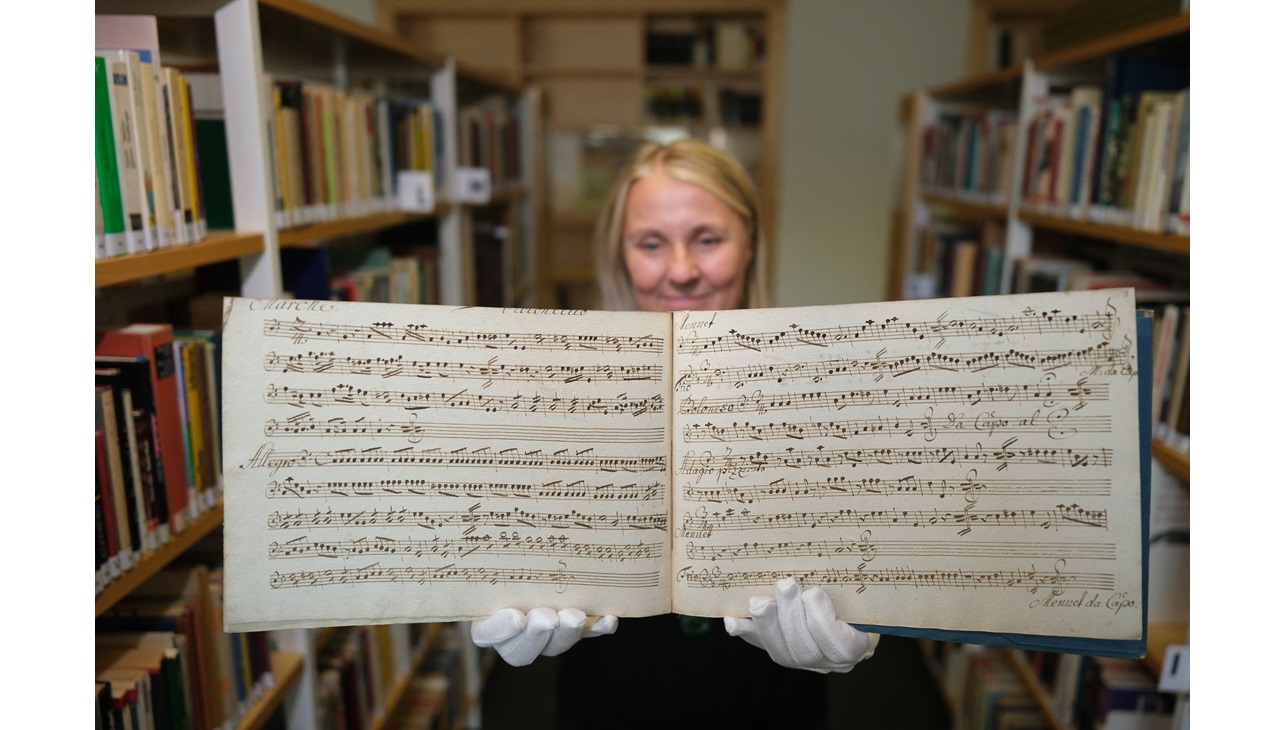
La Monstra, Rita Indiana, mixes punk, gaga and black metal
El Zahir is the second single from Mandinga Times, Rita Indiana's most recent album.
"Monstra" is a Spanish expression used in several Latin American countries, but it has no translation. It is a female monster and a name that shows admiration.
Rita Indiana is a Dominican writer, composer and singer who was baptized "La Monstra" by her audience when she released her first album, "El Juidero", ten years ago.
After El Juidero, Rita Indiana distanced herself from public life, composed the music for seven Dominican films, published three collections of short stories and five novels.
Now she has resumed her musical activity with "Mandinga Times", which will be published in full at the end of July and promises to be a powerful mix of rhythms and musical currents, from dembow to Black Sabbath, from punk to Dominican gaga.
The name of the album has a mixture of meanings. Mandinga is the name of an African village, one of the ways in which the devil is named in various parts of America and also one of the words used to say that someone was baldy beaten up. And Mandinga is the central character of the album.
We will have to wait until the end of July to know the story of Mandinga but, at the moment, "El Zahir" is the second song of the album to be released. The first one was "Como un dragón."
This song is inspired by a story by the Argentine writer Jorge Luis Borges. The story is about a man who becomes crazy when he can see a coin simultaneously from all its sides. The potent lyrics of Rita Indiana's song describe the power of money to drive anyone crazy.
RELATED CONTENT
Una moneda en el bolsillo es bien poco
Según un ciego puede volverte loco
Una moneda con dos cara’y tu nombre
Por varia’dellas ventieron al hijo del hombre(A coin in your pocket is very little
According to a blind man, it can drive you crazy
A coin with two sides' and your name
For various of them the son of the man was sold)
The blind man, of course, is Borges and the coins for which they sold the son of man refer to Judas and Jesus Christ.
[…]
Una moneda pa’ comprar el silencio
Una moneda pa’ la boca del muerto
De un lado esclavo y del otro un liberto
Pa’ que Caronte te recoja en el puerto.(A coin to buy silence
A coin for the dead man's mouth
On one side a slave and on the other a free man
Have Charon pick you up at the port.)
While Rita Indiana sings the coins that, according to Ancient Greek tradition, had to be placed over the eyes of the dead for Charon, the rafter from the underworld, to take them to Hades, in the song we hear the strong chime of Dominican gaga, mixed with a distortion closer to punk.
As if all this were not enough for the disconcerting and original nature of this work, the song is accompanied by the voice of Sakari Jäntti, a Norwegian artist who in his mother tongue speaks about slavery.
Jäntti's voice and the aesthetics of the video also show the influence of the metal that Indiana has, of which she is a lover, as she commented in a recent interview with Jasmine Garsd for NPR.











LEAVE A COMMENT:
Join the discussion! Leave a comment.